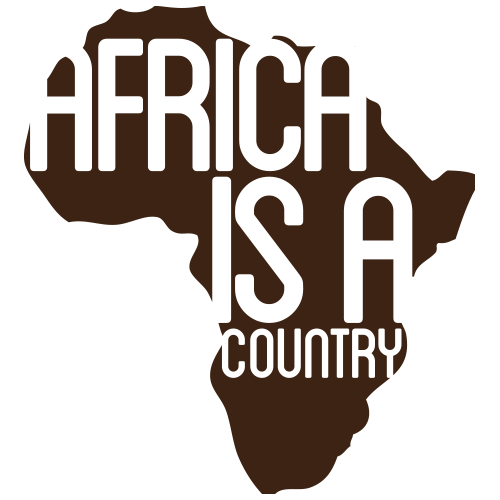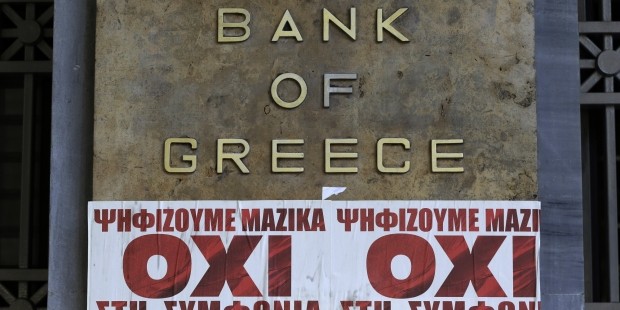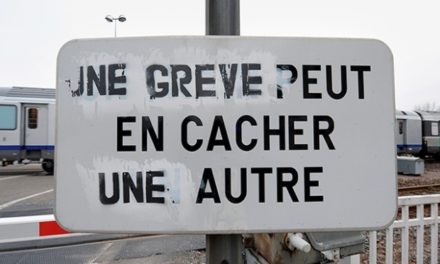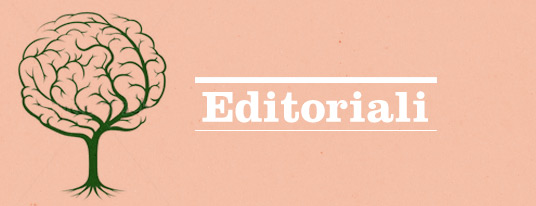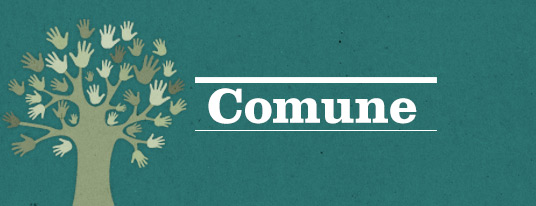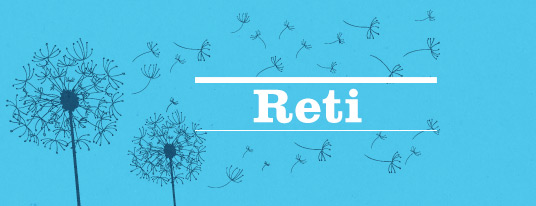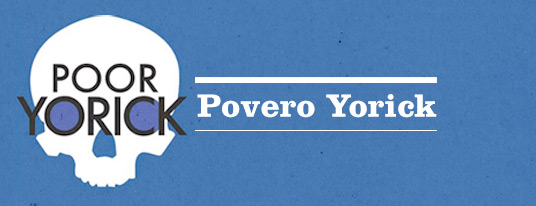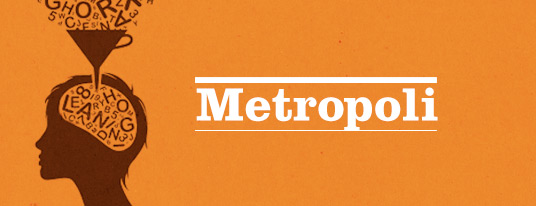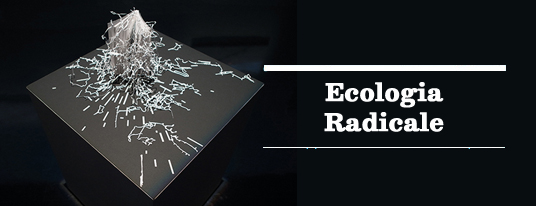THE ALARM PHONE.
Pubblichiamo il testo, in italiano e in inglese, dell’appello lanciato da The Alarm Phone “Ferries, non Frontex“ (qui la traduzione in francese “Des Ferries sans Frontex“)
10 punti per porre realmente fine alle morti dei migranti in mare
Il 20 Aprile, il Consiglio Europeo congiunto dei ministri degli affari interni ed esteri ha reso pubblico un piano di azione in 10 punti in risposta alle recenti morti dei migranti nel Mediterraneo. Molte altre proposte sono state fatte durante gli ultimi pochi giorni. Attraverso Watch the Med e il progetto dell’Alarm Phone, noi, attivisti coinvolti nelle lotte contro il regime europeo dei confini da molti anni, siamo stati per mesi in contatto quotidiano con centinaia di persone che hanno attraversato il Mediterraneo. Dinanzi all’ipocrisia e alla falsità delle “soluzioni” che sono state proposte finora, ci sentiamo obbligati a reagire per tentare di aprire un campo alternativo di riflessione e azione.
1. Siamo scioccati e indignati di fronte alle recenti tragedie nel Mar Mediterraneo, che sono costate la vita ad almeno 1200 migranti nella sola ultima settimana. Siamo scioccati, anche se non sorpresi, per il numero senza precedenti di morti in così pochi giorni. Siamo indignati perché sappiamo che, senza un cambiamento radicale, queste sono solo le prime di molte altre morti a venire nel 2015.
2. Siamo indignati, inoltre, perché sappiamo che ciò che è stato proposto come “soluzione” a questa situazione insopportabile condurrà ancora una volta allo stesso risultato: violenza e morte. L’Unione Europea ha chiesto il rinforzo della missione Triton di Frontex. Frontex è un’agenzia di contrasto all’immigrazione e Triton è stata creata con il chiaro mandato di proteggere i confini, non di salvare vite.
3. Ad ogni modo, anche se salvare vite divenisse davvero il fulcro della sua missione com’era il caso nel 2014 per la missione militare e umanitaria Mare Nostrum, è chiaro che ciò non porrebbe fine alle morti in mare. A coloro che chiedono una Mare Nostrum europea, andrebbe ricordato che anche durante questa missione, ad oggi la più grandiosa operazione di soccorso nel Mediterraneo, i morti furono più di 3.400. È questa una cifra accettabile per il pubblico europeo?
4. Altri hanno richiesto un’operazione militare internazionale in Libia, un blocco navale o anche l’ulteriore coinvolgimento dei paesi africani a sorveglianza dei loro confini terrestri. La storia del Mediterraneo degli ultimi 20 anni ci insegna che la crescente militarizzazione ai danni dei migranti è solo causa di sempre più morti. Ogni volta che una rotta verso l’Europa è stata “bloccata” grazie al dispiegamento di nuove tecnologie di sorveglianza e a un inasprimento dei controlli, i migranti non hanno certo smesso di arrivare, ma sono stati semplicemente costretti a percorrere rotte più lunghe e pericolose. Le recenti morti nel Mediterraneo centrale e orientale sono il risultato della militarizzazione dello Stretto di Gibilterra, delle Isole Canarie, del confine di terra tra Grecia e Turchia, e di diversi confini terrestri nel Sahara. I successi di Frontex significano morte per migliaia di persone.
5. Le organizzazioni internazionali, così come i rappresentanti di tutto l’arco politico, hanno denunciato i trafficanti come causa fondamentale delle morti in mare. Il traffico dei migranti è stato comparato alla tratta degli schiavi. Non c’è limite all’ipocrisia! Coloro che continuano a sostenere il regime di schiavitù, ora condannano i trafficanti di schiavi! Sappiamo bene che i trafficanti che operano nel contesto della guerra civile libica sono spesso spietati criminali. Ma sappiamo anche che l’unico motivo per cui i migranti sono costretti a rivolgersi a loro è l’esistenza stessa del regime europeo dei confini. Le reti di trafficanti sparirebbero immediatamente se coloro che ora muoiono in mare potessero raggiungere l’Europa legalmente. Il regime di visti che impedisce loro di farlo è stato introdotto solo 25 anni fa.
6. In risposta a coloro che, ancora una volta, parlano della creazione di centri di richiesta d’asilo in Nord Africa, basterebbe ricordare di cosa si sta davvero parlando attraverso due esempi. Primo, il campo profughi di Choucha, in Tunisia, gestito dall’UNHCR, dove avevano cercato rifugio coloro che erano fuggiti dal conflitto in Libia nel 2011. In quel campo, nel deserto tunisino, decine di persone, inclusi alcuni tra coloro che avevano ottenuto protezione internazionale, furono abbandonate e lasciate spesso senza alcuna altra scelta se non quella di tentare la traversata via mare. Inoltre, l’esempio dell’Australia e del suo sistema di “isole-prigioni” per richiedenti asilo che in molti vorrebbero prendere a modello, è solo la prova tangibile degli orribili e devastanti effetti che il confinamento forzato di centinaia di richiedenti asilo produce. Queste “soluzioni” servono solo a spostare gli effetti della violenza dei confini europei lontano dagli occhi del pubblico occidentale.
7. Di fronte a questa situazione, che fare? Compagni e amici, con cui abbiamo condiviso molte lotte comuni negli anni passati, hanno rivendicato la libertà di movimento come unica risposta possibile a questa situazione. Anche noi ci uniamo alla loro richiesta, la sola in grado di aprire uno spiraglio d’immaginazione politica in un dibattito altrimenti soffocante. Solo la possibilità di accedere legalmente e senza condizioni al territorio europeo può porre fine alla morte dei migranti in mare. E tuttavia pensiamo che esigere la libertà di movimento non sia sufficiente nell’attuale contesto. Vogliamo considerare la libertà di movimento non come un’utopia lontana, ma come una pratica che è quotidianamente messa in atto dai migranti stessi, spesso al costo delle loro vite, e che deve guidare le nostre lotte politiche qui e ora.
8. Queste sono le ragioni per cui chiediamo l’istituzione di traghetti umanitari, che dovranno andare in Libia ed evacuare quante più persone possibile. Queste persone dovranno essere portate in Europa, e ad esse dovrà essere garantita protezione incondizionata, senza che siano sottoposti ad una procedura di asilo che, di fatto, ha perso il suo scopo originale di protezione ed è diventata un altro strumento di esclusione.
9. È irrealistica l’idea del traghetto? Nel 2011, all’apice della guerra civile in Libia, traghetti umanitari evacuarono migliaia di migranti bloccati a Misurata e li portarono a Bengasi superando enormi ostacoli come bombardamenti, scontri a fuoco e mine navali. Ciò dimostra che nonostante l’instabilità dell’attuale situazione libica, prendere in considerazione questo tipo di interventi è possibile. Inoltre, i traghetti sarebbero di certo immensamente più economici rispetto alla prospettiva di una missione di salvataggio di massa in mare e di ogni altra soluzione militare.
10. L’unica realtà che conosciamo è che nessun’altra soluzione porterà alla fine delle morti in mare. Sappiamo fin troppo bene che né i processi di esternalizzazione delle procedure di asilo e del controllo delle frontiere, né l’intensificazione della sorveglianza e della militarizzazione e neppure il rispetto degli obblighi legali di salvataggio in mare potranno fermare le stragi in mare. L’unica cosa di cui c’è bisogno nell’immediato sono dei traghetti e la garanzia di accessi legali al territorio europeo. Saranno pronte l’Unione Europea e le organizzazioni internazionali a fare questo passo, o sarà la società civile a doverlo fare per loro?
Ferries not Frontex! 10 points to really end the deaths of migrants at sea
On April 20, the Joint Foreign and Home Affairs Council of the EU released a ten-point action plan outlining their response to the recent deaths of migrants in the Mediterranean Sea. Many other proposals have also been made over the last few days. We are activists who have been involved in the struggles against the European border regime for several years and who have been in touch on a daily basis with hundreds of people who have crossed the Mediterranean through Watch The Med and the Alarm Phone project. Faced with the hypocrisy of the “solutions” that have been proposed so far, we feel compelled to undermine their falsity and attempt to open up an alternative space for reflection and action.
1. We are shocked and angered at the recent tragedies that have claimed at least 1200 lives in the Mediterranean Sea in the last week. We are shocked, although not surprised, by the unprecedented number of deaths in merely a few days. We are angered because we know that without a radical change these are just the first of many more deaths to come in 2015.
2. We are also angered because we know that what is proposed to us as a “solution” to this unbearable situation only amounts to more of the same: violence and death. The EU has called for the reinforcement of Frontex’ Triton mission. Frontex is a migration deterrence agency and Triton has been created with the clear mandate to protect borders, not to save lives.
3. However, even if saving lives was to be its core task, as it was the case for the military-humanitarian operation Mare Nostrum in 2014, it is clear that this would not bring dying at sea to an end. Those who suggest a European Mare Nostrum should be reminded that even during its mission, the most grandiose rescue operation in the Mediterranean to date, more than 3.400 people died. Is this figure acceptable to the European public?
4. Others have called for an international military operation in Libya, a naval blockade or the further enlisting of African countries for the policing of their own land borders. The history of the last 20 years in the Mediterranean shows that stepping up the militarization of migration routes is only cause to more death. Each and every time a route into Europe has been blocked by new surveillance technologies and increasing policing, migrants have not stopped arriving. They have simply been forced to take longer and more dangerous routes. The recent deaths in the Central and Eastern Mediterranean are the result of the militarization of the Gibraltar Strait, of the Canary Islands, of the land border between Greece and Turkey, and of several land borders in the Sahara. The “successes” of Frontex mean death to thousands of people.
5. International organisations as well politicians from across the whole political spectrum have denounced smugglers as the main cause of death in the Mediterranean Sea. Several prominent politicians have compared the smuggling of migrants to the transatlantic slave trade. There seems no limit to hypocrisy: those who uphold the slave regime condemning the slave traders! We know very well that smugglers operating in the context of the Libyan civil war are often ruthless criminals. But we also know that the only reason why migrants have to resort to them is the European border regime. Smuggling networks would be history in no time if those who now die at sea could instead reach Europe legally. The visa regime that prevents them from doing so was introduced only 25 years ago.
6. Those who have called, once again, for the creation of asylum processing centres in Northern Africa should be reminded of two examples that are the most accurate examples of what these centres would actually mean. First, the Tunisian Choucha camp managed by the UNHCR, which abandoned those who sought refuge there from the Libyan conflict. Even those who were recognized as needing international protections were left behind in the Tunisian desert, often without any other choice than trying to cross the sea. Second, the creation by Australia of offshore processing centres on remote “prison-islands”, which is now hailed by many as a role model for Europe, only shows how hideous the forceful confinement of asylum seekers can be. These “solutions” serve only to displace the violence of the European border regime away from the eyes of Western publics.
7. Faced with this situation, what is to be done? Comrades and friends with whom we have shared common struggles in the past years have been calling for freedom of movement as the only viable response to this situation. We too make this demand ours, as it is the only one that has managed to open up a space of political imagination in an otherwise suffocating debate. Only unconditional legal access to the EU can end the death of migrants at sea. And yet we think that a general call for the freedom of movement is not enough in the current context. We want to consider the freedom of movement not as a distant utopia but as a practice – enacted by migrants on a daily basis often at the cost of their lives – that should guide our political struggles here and now.
8. These are the reasons why we call for the institution of a humanitarian ferry, that should travel to Libya and evacuate as many people as possible. These people should be brought to Europe and granted unconditional protection in Europe, without undergoing an asylum process which has lost its original purpose to protect and has de facto become yet another tool of exclusion.
9. Is the idea of a ferry unrealistic? In 2011, at the height of the Libyan civil war, humanitarian ferries evacuated thousands of stranded migrants from Misrata to Bengasi, overcoming obstacles such as shelling, constant fire and sea mines. This shows that even in the current volatile situation of Libya, considering such an action is possible. Moreover, ferries would certainly be immensely cheaper than the prospect of a massive rescue mission at sea and of any military solution.
10. The only reality we know is that any solution short of this will continue to lead to more deaths at sea. We know that no process of externalisation of asylum procedures and border control, no amount of compliance with the legal obligations to rescue, no increase in surveillance and militarization will stop the mass dying at sea. In the immediate terms, all we need is legal access and ferries. Will the EU and international agencies be ready to take these steps, or will civil society have to do it for them?

